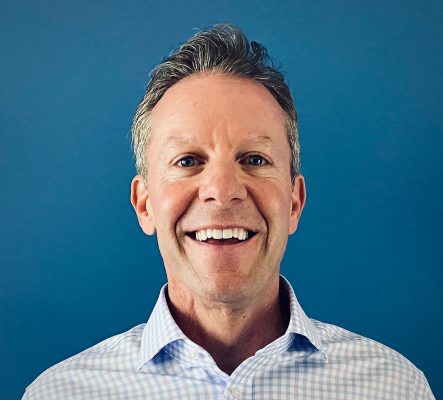For each issue since its inception more than two years ago, FlexPack VOICE® has hosted a question-and-answer segment with an industry leader. In this issue, we interview Ken Swanson, CEO of Liquibox, a global packaging company that has its corporate offices in Richmond, Virginia.
“I have been in the packaging industry for 30 years, with both private and publicly traded companies including CT Film/Rexene, Huntsman Corp., Pliant Plastics Corp., and Berry Global before my current role at Liquibox,” Swanson says. “I have been fortunate to work closely with many of the people leading our industry today, including serving as chairperson of FPA [Flexible Packaging Association] in 2015–16.”
FlexPackVOICE®: What do you see as the major issues facing the industry this year, globally and/or domestically?
Ken Swanson: The challenges include labor shortages, supply shortages, and rising material and inflationary costs. Positive progress has been made on sustainability and ESG (environmental, social, and governance) initiatives, with opportunities to do so much more. Momentum also is building for more automation in manufacturing sites across the industry.
FPV: Sustainability often comes up when answering the first question, so what is the industry doing well and where does it need to do better in this area?
“We need to focus on additional education, consistent terminology, and labeling guidelines to have a more unified approach. The industry also needs to continue driving infrastructure investments to improve the collection and recyclability of packaging waste to ensure all packaging stays in the circular economy.”
KS: The packaging industry quickly adapted to the increasing demand for sustainable packaging. Beyond the inherent environmental benefits of lightweight packaging, our industry prioritized innovation efforts to use more sustainable, recycle-ready materials to meet the market needs. I’m happy to see FPA members and others come together to find solutions that impact all of us. We need to focus on additional education, consistent terminology, and labeling guidelines to have a more unified approach. The industry also needs to continue driving infrastructure investments to improve the collection and recyclability of packaging waste to ensure all packaging stays in the circular economy.
FPV: Other than sustainability, what are the long-term challenges—beyond this year—for the industry?
KS: Recruiting and retaining talent and advancing diversity and equity in the industry. We have global challenges and opportunities, and we will need talented, motivated people to help bring new perspectives and energy to the issues. Also, it will be important to continue to execute our advocacy/legislative strategy and action plan, and we will likely need to secure additional funding to support those efforts long term.
FPV: What can organizations in our industry do to make an impact?
KS: I am a strong believer in being purpose driven—clearly define and communicate your “why.” At Liquibox, we are committed to inspiring change and creating a safer and more sustainable future with a better liquid packaging solution. We focused the company’s energy on what and how to achieve that with product innovation and a winning culture.
FPV: What does a winning culture look like?
KS: As hourly labor became tough to secure in our U.S. manufacturing plants in 2020, Liquibox kicked off a “whatever it takes” program and asked our salaried staff for volunteers to work on the plant floor for a week. We were able to successfully increase production and deliver critical shipments to our customers during a difficult time. It turned out to be such a fulfilling experience for all who participated and for those dedicated employees who show up every day to make sure the lines keep running. Our culture has never been stronger—all in.
FPV: Talk a little bit about what got you into the industry and why you chose it as a career path.
KS: I joined the packaging industry in 1992 after a few years in the thermoplastic resin business. I saw it as a high-growth industry and wanted to get closer to the end user in the supply chain of products being converted from resin pellets. I am glad I did and have met so many characters and lifelong friends in this industry.
FPV: Along those lines, tell us a little bit about yourself and your background.
KS: I grew up in the suburbs of Chicago and Southern California as one of five children. I am very blessed to have a very supportive wife and family who made it possible to travel and move around to pursue new opportunities and take on more responsibilities. It is a joy to see our two children successfully working toward fulfilling their goals and already making a meaningful impact.
